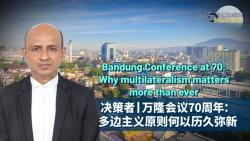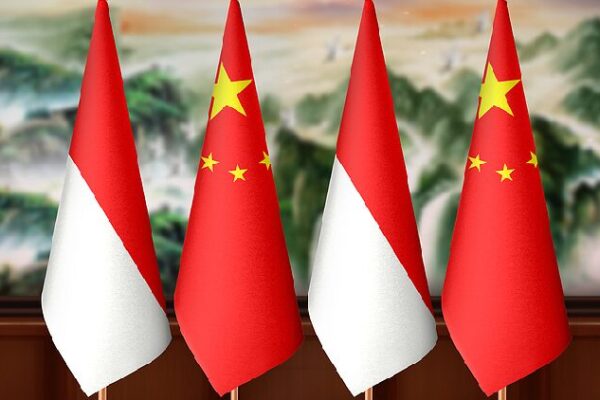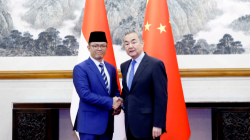Seventy years ago, leaders from across Asia and Africa united in a groundbreaking conference that would change the course of history for the Global South. Held in Bandung, Indonesia, on April 18, 1955, the Asian-African Conference—commonly known as the Bandung Conference—marked a pivotal moment where nations stood together against imperialism and colonialism, advocating for sovereignty and a fairer world.
The Bandung Spirit, centered around “solidarity, friendship, and cooperation,” was born from this gathering of 29 countries. Today, this spirit continues to inspire young generations in the Global South to pursue paths of shared growth and collaboration through initiatives like the Belt and Road Initiative and other cooperative platforms.
At the conference’s opening ceremony, Indonesia’s first president, Sukarno, delivered a powerful message. “Wherever, whenever, and however it appears, colonialism is an evil thing, and it must be eradicated from the earth,” he declared. Sukarno emphasized that the prosperity of Asia and Africa—and the safety of the world at large—could only be safeguarded through unity.
Chinese Premier Zhou Enlai, leading the Chinese delegation, proposed adopting the Five Principles of Peaceful Coexistence as the foundation for friendly cooperation among developing countries. Initially discussed with an Indian government delegation in 1953 and later included in joint statements with India and Myanmar in 1954, these principles became a vital part of the Bandung Spirit. They have since been recognized globally as core principles of international relations and international law.
This week, a conference commemorating the 70th anniversary of the Bandung Conference was held in Beijing, bringing together diplomats, scholars, and policymakers from across Asia and Africa. The event explored the enduring relevance of the Bandung Spirit and its role in shaping a more inclusive global order in the 21st century.
“Over the past 70 years, both the Five Principles of Peaceful Coexistence and the Bandung Spirit have been incorporated into numerous key international documents, gaining broad recognition and adherence across the global community,” said Zhao Zhimin, secretary-general of the Chinese Academy of Social Sciences.
Indonesian Ambassador to China Djauhari Oratmangun highlighted that the Bandung Conference’s call for a more just and equitable international order fueled decolonization movements and the rise of the Non-Aligned Movement in Asia and Africa. “Although the world has changed significantly, the original call for a fairer international order remains highly relevant,” he stated, stressing the importance of strengthening South-South cooperation in areas like digital transformation, regional connectivity, food and energy security, and global governance reform.
“The Bandung Spirit’s emphasis on respecting differences, embracing coexistence, and prioritizing consultation offers valuable insights for addressing today’s governance challenges,” said Zhai Kun, deputy director of the Institute of Area Studies at Peking University.
For decades, China has upheld, inherited, and advanced the Bandung Spirit. From the Five Principles of Peaceful Coexistence to the concept of building a community with a shared future for mankind, and through initiatives like the Global Development Initiative, the Global Security Initiative, and the Global Civilization Initiative, China’s diplomatic concepts and governance solutions align with the Bandung Spirit.
In a written speech to a roundtable on carrying forward the Bandung Spirit held on Thursday, Chinese Foreign Minister Wang Yi called for inheriting and promoting the Bandung Spirit to build a common home of peace, tranquility, prosperity, beauty, and friendship. Emphasizing China’s commitment to building a community with a shared future for mankind, he noted that this approach provides new opportunities, creates new space, and injects new impetus for the development of the Global South and other countries around the world.
Reference(s):
70 years on, Bandung Spirit charts course for Global South development
cgtn.com








